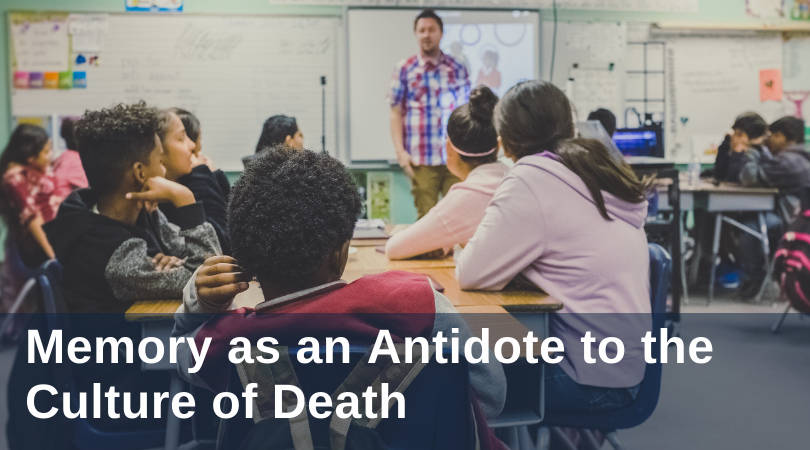
As a former college track and field sprinter, I have spent countless hours of my life practicing. I have struggled through long workouts to build endurance, faster workouts to build speed, weight-lifting to build strength, and shorter workouts to provide rest before a competition. In each one of these instances, I began practice going through a set of drills. While these drills provided the necessary preparation for the workout, they also functioned to train my muscles to behave in a certain manner. Marching, skipping, high knees—all of these tedious drills were extremely important in creating muscle memory. Every sport has a series of drills or routines that athletes perform which allow an athlete to trust her muscles to act in the way she needs them to without thought.
Training and preparation is necessary not only in sports but in all areas of life, especially the moral life.
We cultivate habits and hopefully virtues that will allow us to act in the right manner in different situations. We know how to respond, even in new situations, because we have practiced acting virtuously in the past. In many respects, our responses are formed even before the opportunity to act arises. It is extremely difficult to act out of character. This is why formation is so important. Formation and the cultivation of virtues provide our moral and spiritual muscles with the necessary memory we need when faced with extremely difficult situations or decisions.
Recognizing that our responses, especially to difficult situations, are steeped in years of formation or lack thereof, the Notre Dame Office of Life and Human Dignity is working to help provide tools for the formation of high school students. The Office has been releasing materials (units, lesson plans, and curriculum resources) that teachers can use to promote a culture of life, cultivating a character that upholds the inviolable worth of every human being. Unlike most approaches that situate this formation in theology class, the Teaching Human Dignity series has offerings across the academic disciplines, promoting a consistent formation of students throughout the entirety of their secondary school experience. These resources are available online, free of charge to anyone who wants to use them.
We know that we are not the only group working to form students who see the world through a consistent ethic of life. Many teachers have already been cultivating these virtues in their own classrooms. Aware of the wonderful work happening all around us, we are launching a resource contest in which teachers can submit materials they have found successful or have been thinking about and always wanted to take the time to create. Winning submissions will receive financial awards and have the opportunity to be included in our online offerings so teachers can reach beyond their own classroom to impact students across the country.
Spread the word and join us in forming young people so that when faced with difficult choices they are better equipped to respond in a life-affirming manner.




